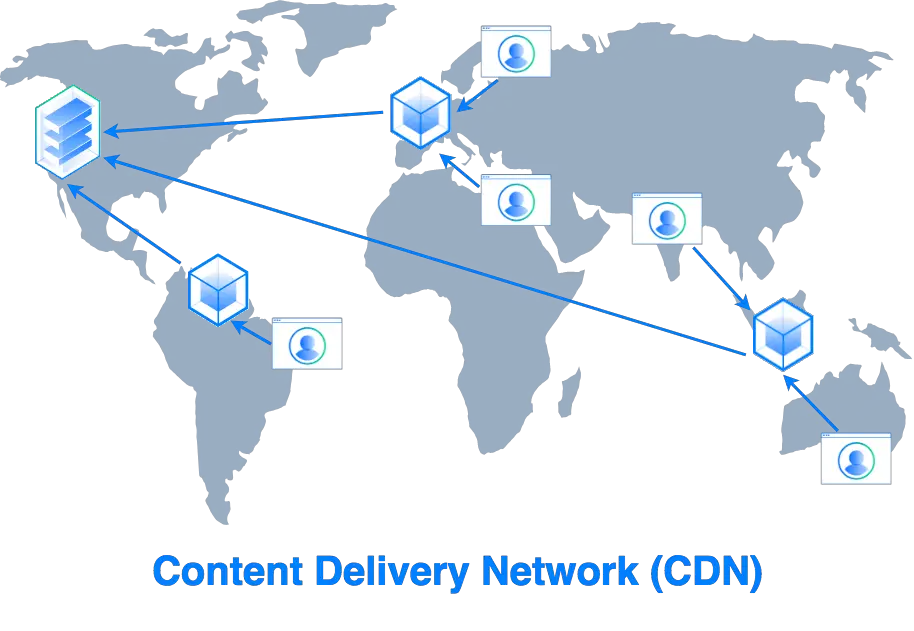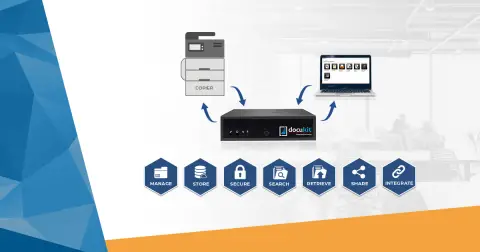The Role of CDNs in Digital Content Archiving

Content Delivery Networks (CDNs) play a crucial role in ensuring the preservation and accessibility of digital content over time. By distributing content across a network of servers geographically dispersed, CDNs provide:

- Redundancy and Reliability: Multiple copies of content ensure that it remains accessible even if one server fails.
- Scalability: CDNs can handle high traffic volumes by dynamically allocating resources.
- Performance Optimization: CDNs reduce latency and improve loading times by serving content from the closest server.
Benefits for Digital Content Archiving

These capabilities make CDNs valuable for digital content archiving, including:
- Long-Term Preservation: CDNs provide a reliable and cost-effective way to store valuable digital assets for decades.
- Access Management: Content can be protected through access controls, ensuring that authorized users can retrieve it.
- Metadata Preservation: CDNs can store metadata alongside content, such as file format and provenance, facilitating future research and discovery.
- Disaster Recovery: In the event of a disaster, CDNs can help recover and restore lost content from other network locations.
Challenges and Considerations
While CDNs offer significant advantages, there are also some challenges and considerations:
- Cost: Long-term storage and maintenance costs for CDN-archived content can accumulate over time.
- Vendor Lock-in: Content may become dependent on a specific CDN provider, limiting future flexibility.
- Preservation Standards: CDNs may not adhere to established archival standards, potentially compromising the integrity of content over time.
Future Trends and Opportunities
The future of digital content archiving with CDNs is promising, with advancements such as:
- Cloud-Based Storage: Cloud-based CDNs provide scalable and cost-effective storage solutions for archival purposes.
- Geographic Diversity: Increasingly diverse CDN networks ensure better redundancy and coverage for global archival efforts.
- Content Curation: CDNs can integrate with content management systems to facilitate automated curation and metadata enrichment.
Conclusion
CDNs offer a valuable infrastructure for digital content archiving, ensuring the preservation, accessibility, and protection of cultural heritage, research materials, and other valuable assets. By addressing challenges and embracing future trends, CDNs can continue to play a critical role in safeguarding digital content for the long term. Collaboration among archives, researchers, and CDN providers is essential to develop sustainable and comprehensive archival solutions that leverage the power of CDNs.
